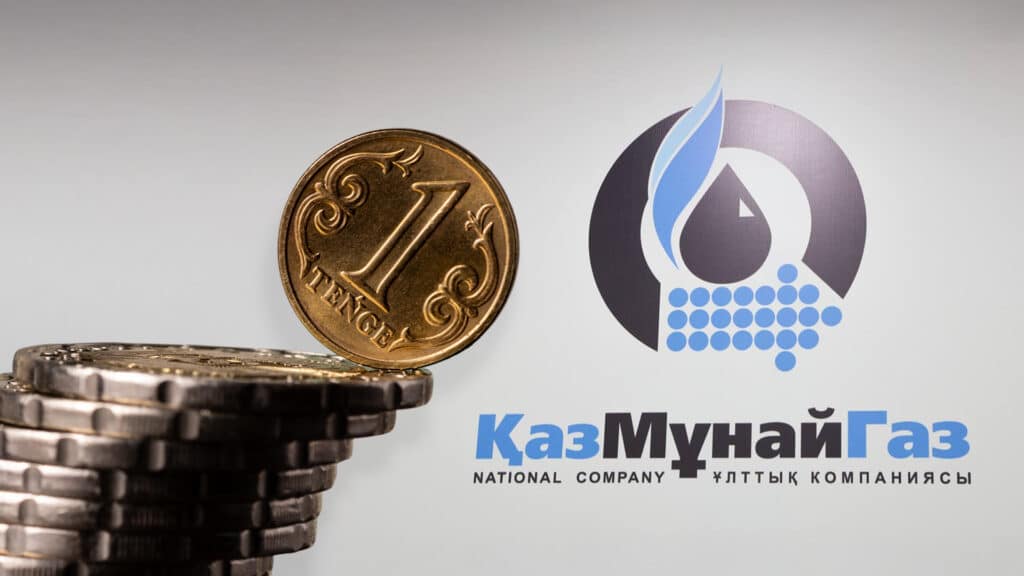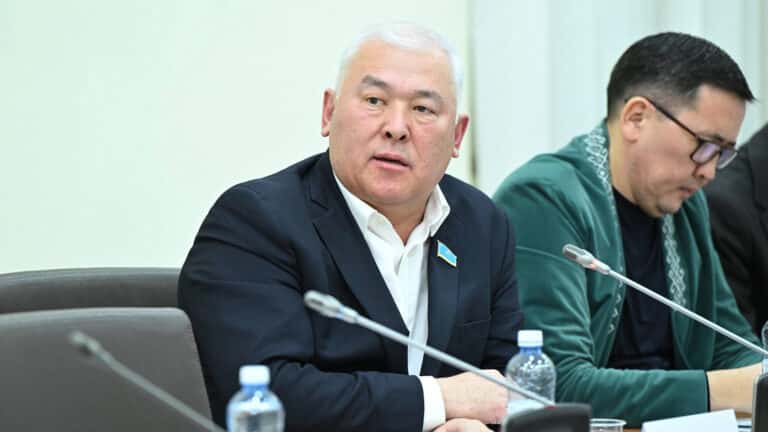
KazMunayGas (KMG), Kazakhstan’s national oil company, reported revenue of 4.5 trillion tenge for the first six months of 2025 (about $8.8 billion at the period’s average exchange rate), up 6.2% year-on-year (YoY). Growth was driven by higher processing volumes at KMG International refineries and the weakening of the tenge, which offset falling global oil prices and lower production at the Kashagan field, the company said in its financial results.
At the same time, the company’s net profit fell by 2.8% to 534 billion tenge ($1.04 billion), hit by lower oil prices, higher depreciation expenses, foreign exchange losses and the absence of large gains from asset sales that boosted results in 2024.
This year, KMG generated just 3 billion tenge ($6 million) from the sale of its stake in Polimer Production LLP. In 2024, the company earned 16 billion tenge ($37 million, based on the average exchange rate in the first half of 2024) from selling its 50% stake in Karaton Operating Ltd.
KMG’s share of profits in joint ventures and associated companies rose by 30% to 349 billion tenge ($681 million). The main drivers were Tengizchevroil, where production at the Third Generation Plant started in January, as well as increased processing volumes at the Shymkent Refinery and greater oil shipments through the Caspian Pipeline Consortium.
Production expenses rose by almost 19% to 759 billion tenge ($1.5 billion), mostly due to higher costs for repairs, maintenance, electricity and payroll. Transportation expenses totaled 146 billion tenge ($285 million), up 10.7% YoY, while administrative expenses declined by nearly 15% to 94 billion tenge ($184 million), because of the absence of trust management costs incurred last year.
KMG’s capital expenditures fell 8% to 259 billion tenge ($506 million). Dividends from joint ventures, on the other hand, surged more than 50% to 474 billion tenge ($926 million), driven primarily by payouts from Tengizchevroil and the Caspian Pipeline Consortium.













